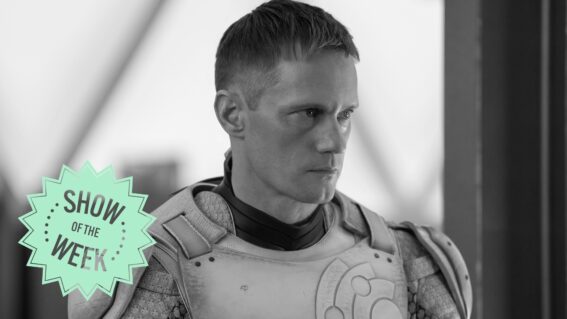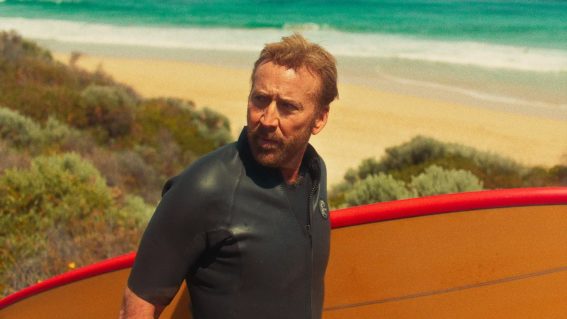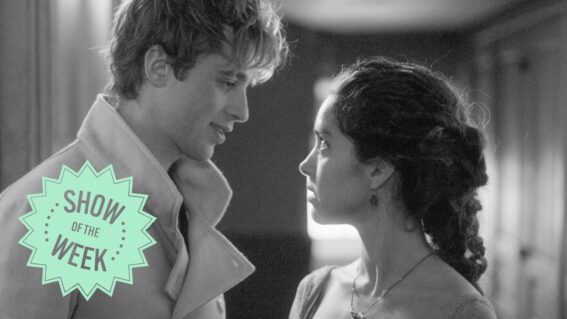Shelf Life #18
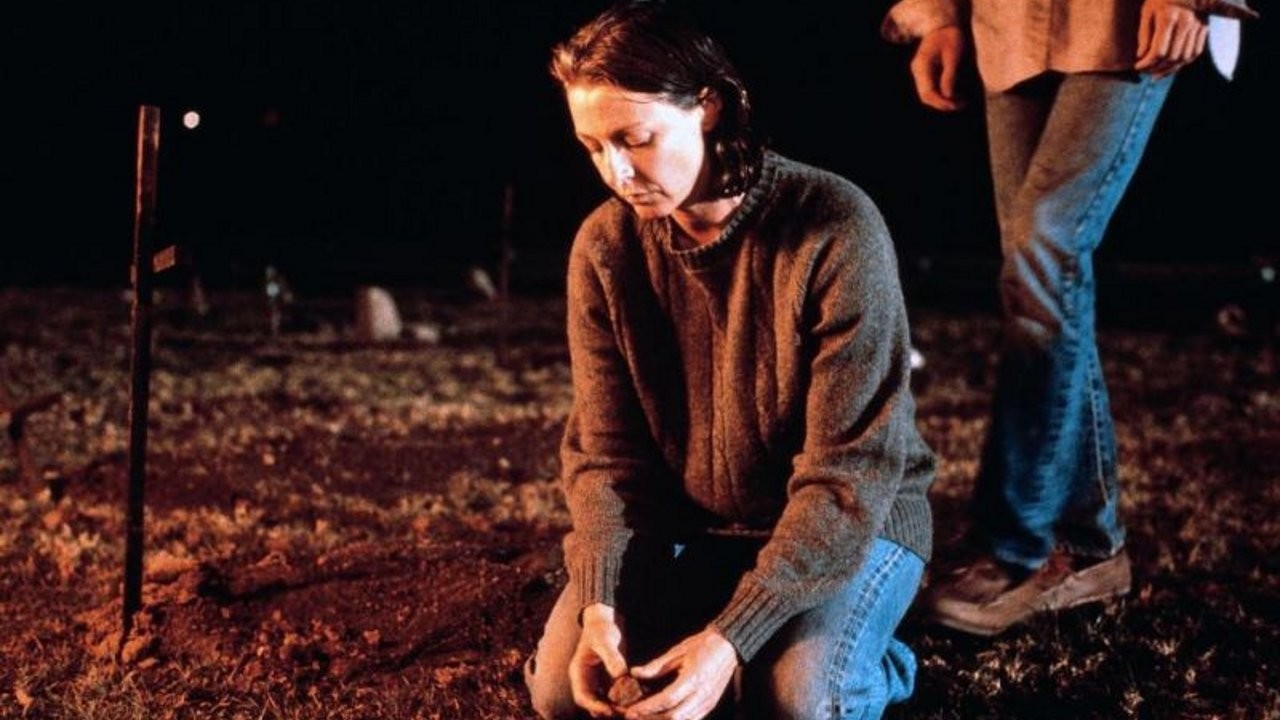
Continuing to excavate buried cinematic goodies, Aaron Yap dusts off three very different films here, all boasting familiar faces, but traversing territory ranging from nuke phobia to damaged war vets and a private dick tale. Read on to have your appetite piqued for these particular pearlers, and set off on a trip of bummed out vibes culminating in something a little more lighthearted.
TESTAMENT
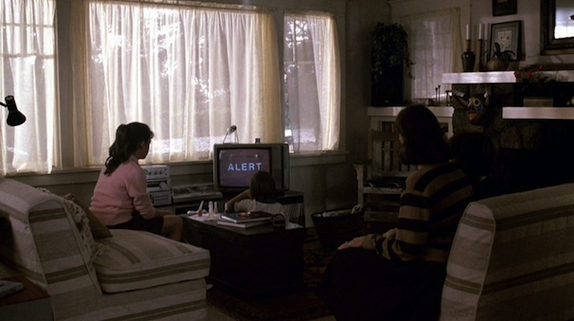
The ‘80s were quite the time for depressing post-nuke movies. At the height of Cold War paranoia, TV viewers were treated to ultra-grim what-if shockers like The Day After (1983) and Threads (1984), the latter perhaps still the final word on approximating the horrific aftermath of a nuclear war. Lost somewhere in there is Lynne Littman’s Testament (‘83), which was initially produced for PBS’ American Playhouse series but ended up releasing theatrically. Based on Carol Amen’s short story The Last Testament, the film may not contain the in-you-face graphic content of either The Day After or Threads, but it’s doubtful that anyone who sees it will be left unaffected.
Littman’s background as a documentarian lends itself naturally to the material, stripping a devastating event of its sensationalism and melodrama, instead confining the perspective to one family and intimately cataloging their trials. It’s set in the small fictional Californian town of Hamlin, where the Whetherly family are left to their own devices during a nuclear fallout. As the deterioration of social order sets in, mom Carol (Jane Alexander, in a heart-wrenching, rightfully Oscar-nominated performance) has to keep things together with the kids — it’s soon painfully clear that dad Tom (William Devane), off at work in San Francisco, won’t be returning anytime soon.
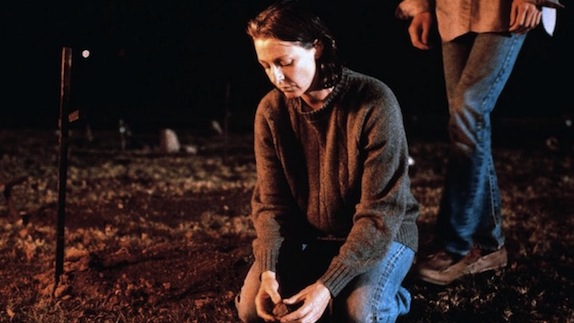
Suggesting rather than explicitly depicting the physical effects of radiation, Testament gathers impact through the pervading sense of unease resulting from the characters’ feelings of abandonment and resignation. It unspools with a quiet mundanity that highlights the helplessness of their predicament. Watching them respond to the situation is moving: the youngest, six-year-old Scottie (Lukas Haas) buries his toys, reasoning that there’s not enough food left to feed them, while fourteen-year-old Brad (Rossie Harris), in the absence of a father figure, assumes a newfound responsibility, offering assistance where he can.
It’s not hard to see why Testament would’ve worked equally well on the big screen. Though composed for tele, Littman’s images are cinematically powerful in their capacity to chill and disturb: Carol blankly sewing up a makeshift body bag; empty swings creaking in a playground-turned-graveyard; the family huddling in the car preparing to gas themselves. All these haunting moments that add up to one grueling bummer of a flick that’s also arguably one of the best of its kind. James Horner’s score is a work of aching, poignant beauty that’ll hit you hard once the credits come up. Look out for a young Kevin Costner and Rebecca DeMornay.
MY OLD MAN’S PLACE
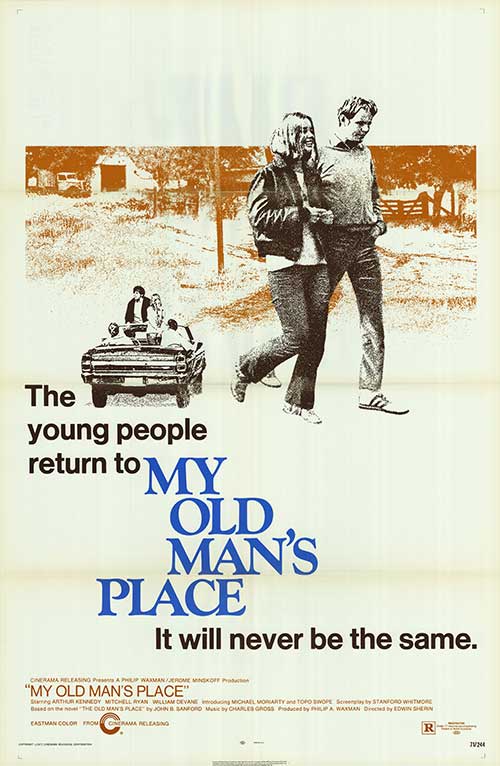
Since we’re on a William Devane tip, here’s another one of his lesser known films, a fairly obscure, pre-Taxi Driver/Rolling Thunder entry in the post-Vietnam cinema cycle of the ‘70s (it’s obscure enough that I can’t seem to log it on Letterboxd). Plot-wise not too dissimilar to Elia Kazan’s The Visitors which came a year later, My Old Man’s Place (1971) stars Devane and screen-debuting Michael Moriarty as Jimmy and Trubee, soldiers coming home from ‘Nam, obviously in the throes of PTSD. Things don’t get any easier upon meeting another vet, Sgt. Martin Flood (Mitchell Ryan), whom they first find beating the crap out of a transvestite hooker but then decide to invite to Trubee’s father’s home in the country for some R&R anyway.
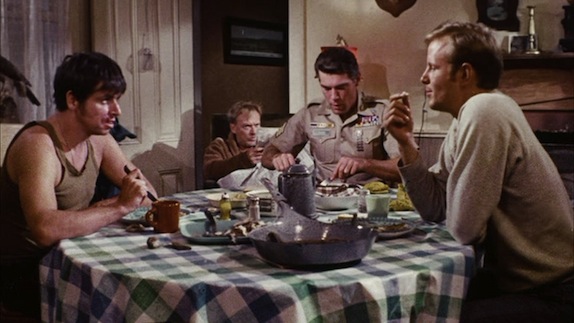
A sobering account of irrevocably damaged individuals unable to foster functional relationships away from the battlefield, My Old Man’s Place is a totally seedy and grimy item that could only have crawled out of the era’s gutter. In his second feature after the offbeat Burt Lancaster western Valdez is Coming, Edwin Sherin directs with low-key intensity, sharply establishing the eroding dynamics, simmering tensions and oscillating allegiances within the group. There’s the unresolved estrangement between Trubee and his grizzled, also-war-scarred father Walter (Arthur Kennedy), the escalating power struggles between Jimmy and Sgt. Flood, and the realisation by everyone that Flood’s just a psychopathic rapist time bomb waiting to go off. Strong, memorable performances — Ryan is downright scary — and a downbeat gut-puncher of an ending will ensure those partial to this particular subgenre won’t be disappointed. Worth snatching up Code Red’s DVD before it disappears forever and goes for three figures on ebay.
THE LATE SHOW
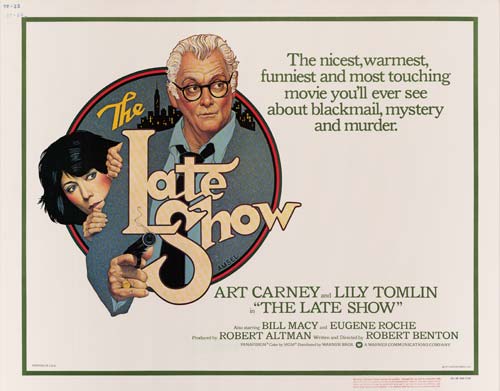
Now for something a little lighter… I’ve been meaning to scratch off writer/director Robert Benton’s The Late Show (1977) from the watchlist for a long time now, and I’m happy to say I dug every minute of it. Ostensibly belonging to the company of esteemed ‘70s detective noirs like Chinatown, The Long Goodbye and Night Moves, this delightful, nostalgia-laced throwback stars Art Carney (Harry and Tonto) in a wonderful performance as Ira Wells, an aging, bum-legged private eye who’s brought back on the job by hippy-dippy New-Agey client Margo (Lily Tomlin). What begins as a simple case of a missing cat snowballs into a convoluted plot involving murder, blackmail, adultery, stolen goods and an assortment of low-life characters.
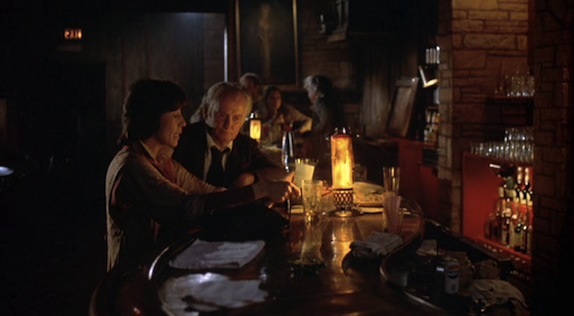
The Late Show is a breeze from start to finish. Benton (Kramer vs Kramer) displays a good ear for the chewy dialogue (“You were born dumb and you’re gonna die dumb”), and successfully straddles the generally tricky line between a snappy hard-boiled thriller and a more wistful character study. Channeling the ghosts of Sam Spade and Philip Marlowe, Carney plays up Ira’s craggy over-the-hill condition — he often looks like he’s going to keel over at any second — but make no mistake, this is one tough-as-nails survivor, world-weary, cynical and ready to whack you around when push comes to shove. Tomlin is so hopped-up that she verges on insufferable but she’s always brought back a notch whenever Carney’s around, and they do have an enjoyable odd-couple rapport. A gem!








